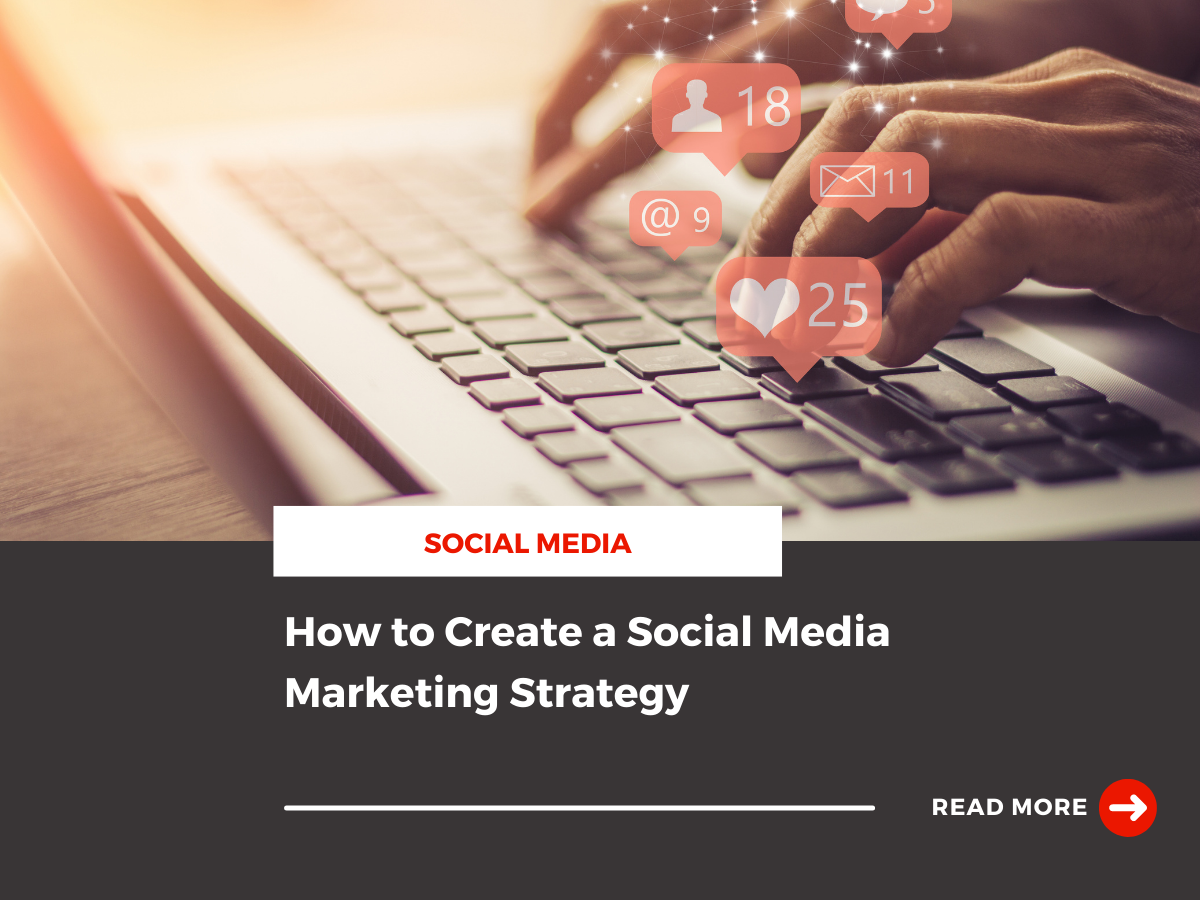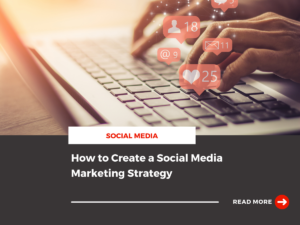It’s no secret that social media is an invaluable asset every business can use to expand their reach and upgrade their marketing campaigns. Whether you’re looking to increase sales and customer engagement or simply gain brand recognition: A social media strategy plan makes all of this possible.
However, that doesn’t mean you can simply just post to post and expect results. You’ll need to take a critical approach to the content you create, the same way you would with email marketing or PPC campaigns.
What is a Social Media Strategy Plan?
A social media strategy is your strategic approach to how your business uses social media. It contains the content development, scheduling cadence, KPIs, and individual platform initiatives. For your strategies for social media marketing to be effective, it will need to contain the following:
Overview: A high-level summary of what your plan is and how you plan to do it.
Goals: A specific list of goals you hope to achieve with the strategy.
Execution: How you plan to achieve your goals and utilize the different social media platforms.
Analysis: The data and metrics you plan to use to measure the success of your strategy.
Does My Business Actually Need a Strategy for Social Media Marketing?
Absolutely. We live in a digital age, where the best way to get the most out of your marketing initiatives is to meet your audience where they spend most of their time.
On average, social media users spend roughly 2 hours and 27 minutes on social media every day. With over 4.62 billion active social media users, it’s safe to say the opportunities for brands are endless. Every day, your business can leverage social media content to connect with potential prospects and leave a favorable impression on your current audience.
All you need is a buttoned-up social media strategy.
Here’s everything you need to know to learn how to create a social media strategy.
How to Create a Social Media Strategy
1. Research, Audit, and Brainstorm
Before you can jump in and start developing a social media strategy plan, you’ll need to assess what you’re currently doing.
Ask yourself: What’s working and what’s not working? What platform is generating the most traction? Is there any content you notice doing better than others?
During your social media audit, also consider conducting a competitor analysis. Look at what they’re doing on the different platforms and ask the same questions. Find things you like and don’t like about their approach to social media marketing. That way, you can brainstorm creative ways to emulate their content for your brand.
If your business is new to social media and doesn’t currently have any accounts set up, you’ll want to focus on analyzing your audience. Before you dive into your content creation and start posting, you’ll want to have a defined understanding of your audience and consider setting up audience personas. This way, you can effectively market to these individuals, where they’re spending most of their time.
2. Choose the Right Platforms
Something to keep in mind: You don’t need to be on every social media platform. For example, if you’re a B2B, your content will likely perform better on LinkedIn than on Pinterest. If you’re a local coffee shop looking to get more customers through the door, your content will probably do better on Instagram or Facebook than on Twitter. The list goes on and on.
Another thing you’ll want to consider with the platform is the audience that’s on the platform. Here’s a closer look:
Twitter: 42% of Twitter users are U.S. adults between 18-29.
Instagram: Over half of the users on Instagram are 34 or younger.
LinkedIn: Over half of marketing professionals in the United States are on LinkedIn.
Facebook: 26.4% of the users on Facebook are between the ages of 26-34.
Pinterest: Over 60% of the Pinterest audience is women.
3. Identify your KPIs
KPIs are a must-have for any effective social media strategy plan. To truly understand the effectiveness of your social media strategy, you’ll need to identify measurable goals you can keep track of every week, month, or quarter. It’s best practice to use S.M.A.R.T goals to help you establish goals and objectives.
Here’s a breakdown of how these goals should be structured:
-
- Specific
- Measurable
- Attainable
- Relevant
- Timely
Using S.M.A.R.T goals with your strategies for social media marketing will provide you with the best understanding of your return on investment and give you an easy way to measure your success.
Thankfully, all of the popular social media platforms have a suite of analytics tools you can utilize to understand the success of your social media strategy. Impressions and reach are just two social metrics you should keep an eye on to improve your social media strategy. Here are some other generic social media KPIs that are measurable to help you get started:
-
- Impressions
- Brand awareness
- Shares
- Likes, comments, and saves
- Number of followers
- Brand mentions
- Conversions
- Landing page views
Every business has a different goal and objective they hope to fulfill with social media. To fully understand the effectiveness of your strategy, we recommend choosing 2-3 KPIs that align with your goals that you can keep track of.
4. Create a Content Plan
Content is arguably the most essential aspect of your social media strategy plan. When you craft content, think about what will resonate most with your audience.
Here are some tips to keep in mind when creating content:
-
- Sharable content can expand your reach and increase the longevity of your social media content.
- Don’t be afraid to test the waters with visual content! On average, video posts on social media receive over 48% more views than content types.
- Use your social media posts to tell a story and showcase your brand voice.
- Always aim to educate, inform or entertain your followers.
At the end of the day: when it comes to content, it’s not about your brand. It’s about your audience! Always put yourself in your audience’s shoes and consider what they would be most interested in seeing. Crafting compelling content takes trial and error. When it comes to your strategy, you’ll want to test several different types of content to see what performs best.
Once you have enough data to analyze, you’ll see what content type performs best on what platform. Then, you can mimic this content for future social media campaigns.
5. Revisit, Revise, and Adjust Your Strategy
A true social media strategy plan is constantly evolving. You can’t expect everything to be perfect the first time you post. Instead, you’ll need to read the metrics and always be open to making timely adjustments to your marketing strategies.
Your metrics will also let you know if you’re on track to meet your goals and KPIs. You’ll want to look at your metrics month-over-month and quarter-over-quarter. This way, you can see how close you reach your overall social media strategy goals.
It’s okay if your content didn’t work the way you thought it would. Social media content is all about taking risks and making changes. Anything that doesn’t resonate with your audience provides you with insights into your audience’s likes and dislikes, which is the knowledge you can use to better your other marketing strategies in the future.
How Kanbar Digital Can Help
Ready to start leveraging your strategies for social media marketing? You’ve come to the right place. At Kanbar Digital, our social media professionals have hands-on experience crafting strategies for different businesses and industries. Together, we can help you tackle challenges, discover new opportunities, and help you create content that will help you foster a connection with your target audience and enhance your online presence.
Connect with us today to learn more.




